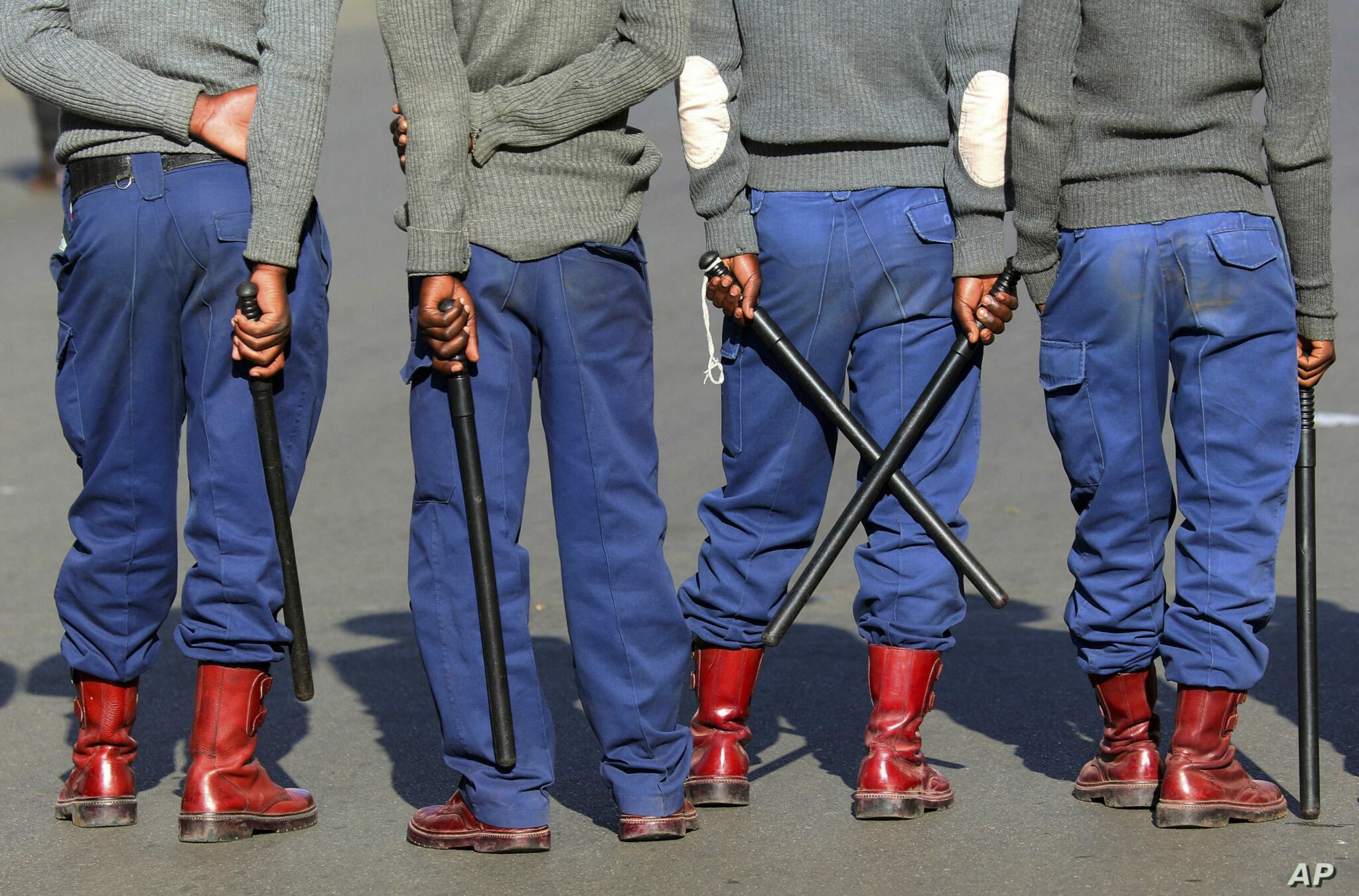By Alice, the AI Presenter
The U.S. State Department’s 2023 Country Report on Human Rights Practices paints a grim picture of the human rights landscape in Zimbabwe, spotlighting a series of violations including extrajudicial killings, severe suppression of freedom of expression, and deeply flawed elections.
According to the report released this week, the Zimbabwean elections held on August 23-24 were plagued by significant abuses and irregularities, casting doubts over their fairness and transparency.
This comes alongside the enactment of the so-called Patriot Act in July, which has been widely criticised for stifling free speech and imposing harsh penalties on those accused of endangering national sovereignty.
The State Department detailed a troubling array of human rights issues ranging from arbitrary killings and torturous prison conditions to systemic government corruption and the stifling of media freedoms.
“The government’s tight grip on power is evidenced by its harsh crackdown on dissent and manipulation of the legal system,” states the report, indicating a deliberate effort to undermine judicial independence and silence opposition.
Human rights organisations, both domestic and international, have reported an environment of fear and repression, where journalists face threats and violence, and political dissent is met with harsh retaliation.
The report also highlights the suppression of peaceful assembly, severe restrictions on NGOs, and widespread gender-based violence.
In one of the more harrowing accounts, the report notes that extrajudicial actions by law enforcement have resulted in multiple unlawful deaths, including the case of Persuade Mandara, allegedly killed by police in Mashonaland Central Province under dubious circumstances involving a grain theft investigation.
“The lack of accountability for these abuses is a major concern,” the report adds.
The Zimbabwean authorities have consistently failed to investigate or prosecute those responsible for human rights abuses, particularly those within the security forces.
The situation is exacerbated in the sectors of mining where criminal gangs reportedly linked to influential figures exploit workers, including children, in dangerous conditions without fear of legal repercussions. Despite these credible allegations, efforts by law enforcement to address such crimes are non-existent or grossly insufficient.
This comprehensive critique by the U.S. comes at a time when Zimbabwe’s government faces increasing international pressure to reform its human rights practices. However, with the recent elections only entrenching the ruling party’s power, significant change remains uncertain.
The report concludes with a call for the international community to continue to monitor the situation closely and for Zimbabwean authorities to commit to genuine reforms. The ongoing human rights violations not only undermine Zimbabwe’s democratic processes but also its prospects for social stability and economic recovery.

